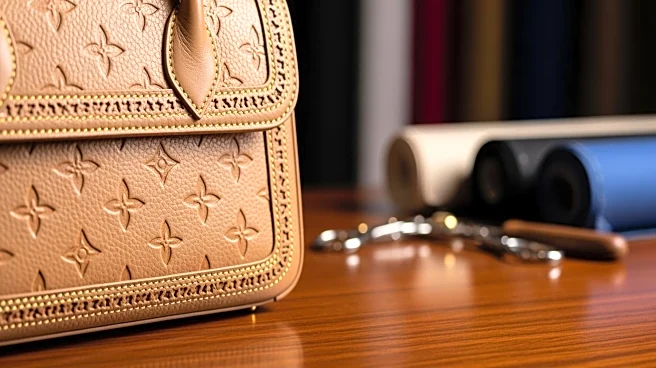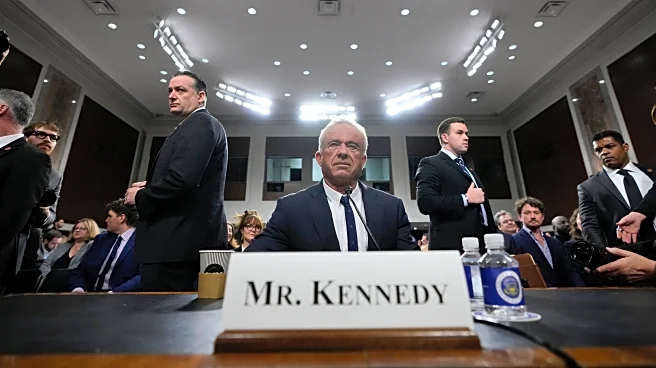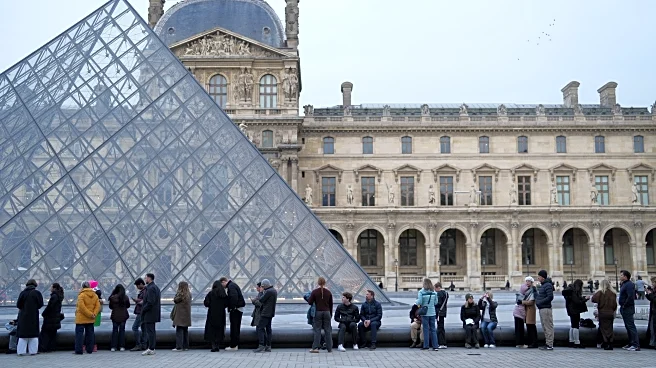What's Happening?
Luxury fashion brands are facing increased scrutiny from Milanese prosecutors over labor practices within their supply chains. In response, these companies are enhancing their supplier checks, vetting
new suppliers more rigorously, and in some cases, acquiring suppliers to gain direct control over manufacturing processes. This move comes as the Camera Nazionale della Moda Italiana recognized Tod's for its digital product passport, which provides transparency about the manufacturing process and materials used. However, Tod's is also under investigation for inadequate supply chain monitoring, highlighting the complexity and opacity of the industry's supply chains. Italy's highest court is set to decide whether Milan's prosecutors have jurisdiction over the case or if it should be moved to the Marche region, where Tod's is based. The probe has affected several prestigious brands, including Dior, Armani, Valentino, and Loro Piana, with some brands already making improvements to their oversight processes.
Why It's Important?
The scrutiny on luxury brands' supply chains underscores the growing demand for transparency and ethical practices in the fashion industry. As consumers become more aware of labor conditions, brands are pressured to ensure fair practices and compliance with legal standards. This shift is crucial for maintaining brand reputation and consumer trust, especially in a market where luxury goods are often associated with high ethical standards. The legal actions and subsequent changes in supply chain management could lead to more sustainable practices and improved labor conditions, benefiting workers and potentially setting new industry standards. Brands that fail to adapt may face legal consequences and damage to their reputation, impacting sales and market position.
What's Next?
Italy's highest court will soon rule on the jurisdiction of the Tod's case, which could influence the rigor of the investigation. Brands involved in the probe are likely to continue enhancing their supply chain oversight to avoid legal repercussions and maintain consumer trust. The industry may see increased collaboration with technology companies to digitize and streamline supply chain data, making audits more efficient and comprehensive. As scrutiny continues, other brands may proactively adopt similar measures to ensure compliance and transparency, potentially leading to widespread industry reform.
Beyond the Headlines
The ongoing investigations highlight the ethical challenges within the luxury fashion industry, particularly regarding labor practices and supply chain transparency. The reliance on subcontractors and the shadow economy in Italy poses significant challenges for brands aiming to maintain ethical standards. The industry's response to these challenges could lead to long-term shifts in how luxury goods are produced and marketed, with a greater emphasis on sustainability and ethical practices. This could also influence consumer behavior, as buyers increasingly prioritize brands that demonstrate social responsibility.










